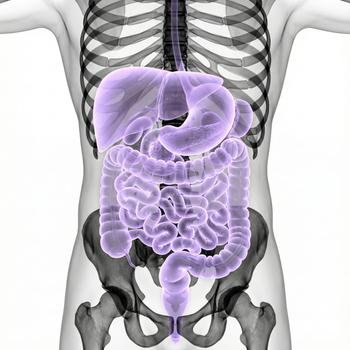Quick version
Stomach pain is a symptom that can have many possible causes, and depending on where the symptoms are located, these can provide important clues during the investigation. In the case of prolonged and unclear pain or when it is associated with other symptoms, an MRI scan can be an important part of the investigation.
Common Causes of Stomach Pain
12 Potential Causes of Abdominal Pain:
- Gastric or Constipation
- Gastritis or Ulcers
- Gallstones
- Inflammation of the Pancreas
- Liver Diseases
- Intestinal Problems such as IBS or Crohn's Disease
- Gynecological Conditions in Women, e.g. endometriosis or cysts
- Urinary tract infection or kidney stones
- Tumors or cysts in the abdominal organs
Why does it hurt?
Depending on where the pain is experienced, you can get important clues during the investigation. If you have pain in the upper part of the stomach, for example, it can be connected to the stomach or liver, and if you have pain in the lower part of the stomach, this can be related to the intestines, urinary tract or gynecological organs. In the case of long-lasting, diffuse or difficult-to-interpret pain, one should always be investigated to find the cause of the problem.
Magnetic resonance imaging – a good tool for investigating abdominal pain
A MRI examination of the abdomen is a good tool for investigating symptoms, this may be relevant when:
- ultrasound or computed tomography examination has not given clear answers
- there is a suspicion of diseases of the liver, bile ducts or pancreas
- there is a need to investigate tumors, cysts or the spread of cancer
- you want to examine soft tissues without using radiation
- endometriosis or other gynecological problems are suspected
A magnetic resonance imaging examination of the abdomen can provide high-quality images of soft tissues and detect changes in organs that are difficult to to see with other methods.
When should you seek medical attention?
If you experience severe or sudden pain, have blood in your stool or black stools, fever and stomach pain at the same time, persistent nausea or vomiting or unexplained weight loss, you should seek medical attention.
Read also:






















